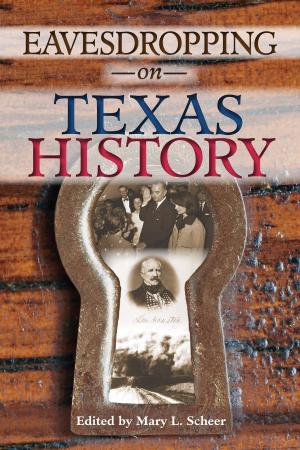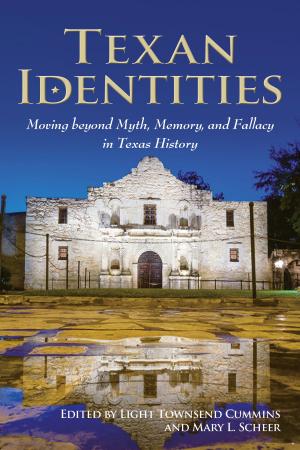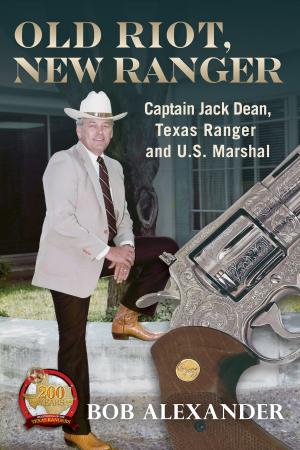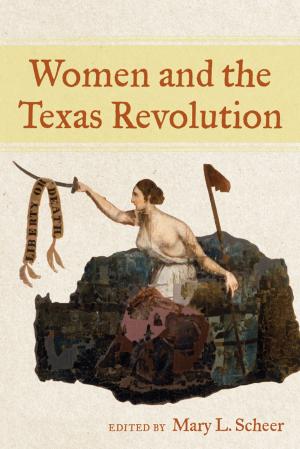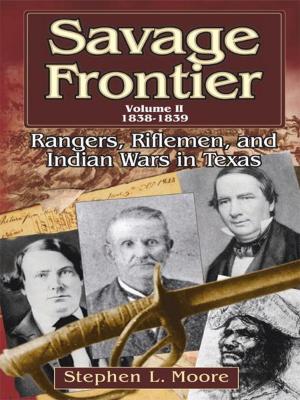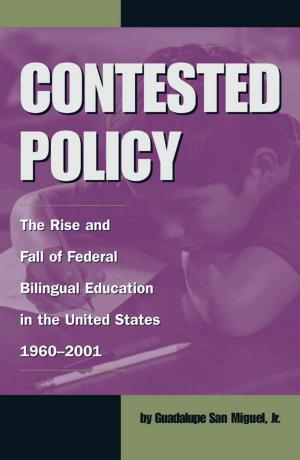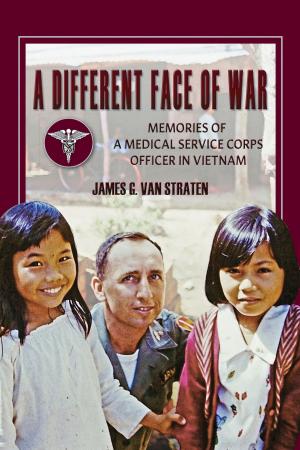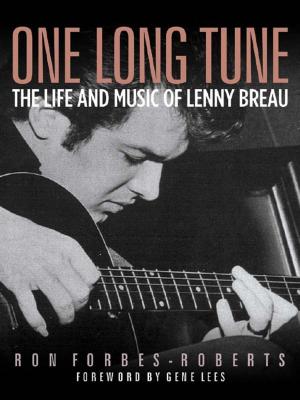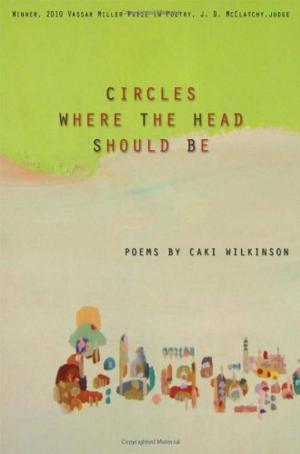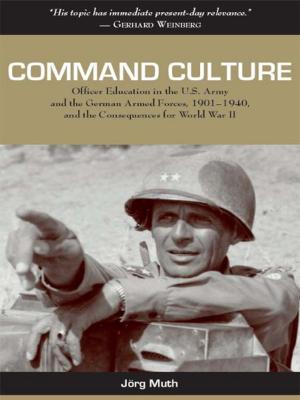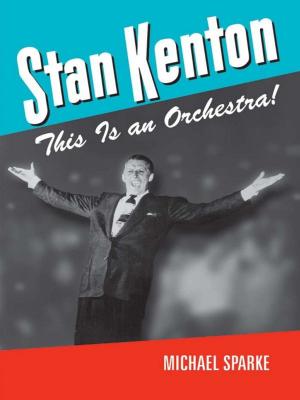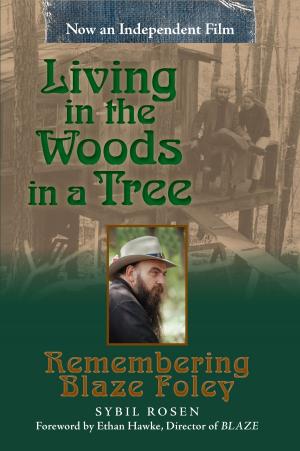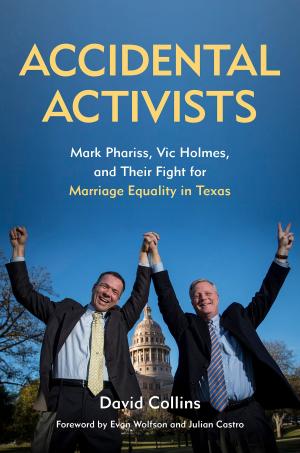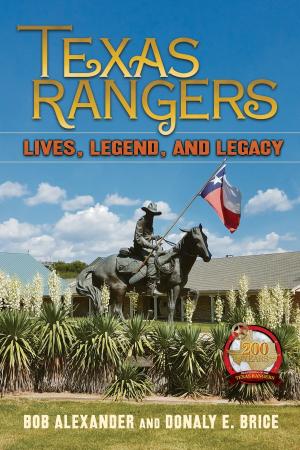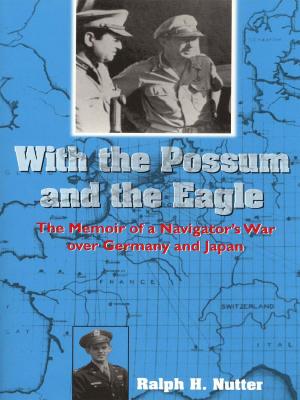John Ringo, King of the Cowboys
His Life and Times from the Hoo Doo War to Tombstone, Second Edition
Nonfiction, History, Americas, United States, Biography & Memoir| Author: | David Johnson | ISBN: | 9781574413786 |
| Publisher: | University of North Texas Press | Publication: | June 15, 2008 |
| Imprint: | Language: | English |
| Author: | David Johnson |
| ISBN: | 9781574413786 |
| Publisher: | University of North Texas Press |
| Publication: | June 15, 2008 |
| Imprint: | |
| Language: | English |
Few names in the lore of western gunmen are as recognizable. Few lives of the most notorious are as little known. Romanticized and made legendary, John Ringo fought and killed for what he believed was right. As a teenager, Ringo was rushed into sudden adulthood when his father was killed tragically in the midst of the family's overland trek to California. As a young man he became embroiled in the blood feud turbulence of post-Reconstruction Texas. The Mason County Hoo Doo War in Texas began as a war over range rights, but it swiftly deteriorated into blood vengeance and spiraled out of control as the body count rose. In this charnel house Ringo gained a reputation as a dangerous gunfighter and man killer. He was proclaimed throughout the state as a daring leader, a desperate man, and a champion of the feud. Following incarceration for his role in the feud, Ringo was elected as a lawman in Mason County, the epicenter of the feuds origin. The reputation he earned in Texas, further inflated by his willingness to shoot it out with Victorios raiders during a deadly confrontation in New Mexico, preceded him to Tombstone in territorial Arizona. Ringo became immersed in the areas partisan politics and factionalized violence. A champion of the largely Democratic ranchers, Ringo would become known as a leader of one of these elements, the Cowboys. He ran at bloody, tragic odds with the Earp brothers and Doc Holliday, finally being part of the posse that hounded these fugitives from Arizona. In the end, Ringo died mysteriously in the Arizona desert, his death welcomed by some, mourned by others, wrongly claimed by a few. Initially published in 1996, John Ringo has been updated to a second edition with much new information researched and uncovered by David Johnson and other Ringo researchers.
Few names in the lore of western gunmen are as recognizable. Few lives of the most notorious are as little known. Romanticized and made legendary, John Ringo fought and killed for what he believed was right. As a teenager, Ringo was rushed into sudden adulthood when his father was killed tragically in the midst of the family's overland trek to California. As a young man he became embroiled in the blood feud turbulence of post-Reconstruction Texas. The Mason County Hoo Doo War in Texas began as a war over range rights, but it swiftly deteriorated into blood vengeance and spiraled out of control as the body count rose. In this charnel house Ringo gained a reputation as a dangerous gunfighter and man killer. He was proclaimed throughout the state as a daring leader, a desperate man, and a champion of the feud. Following incarceration for his role in the feud, Ringo was elected as a lawman in Mason County, the epicenter of the feuds origin. The reputation he earned in Texas, further inflated by his willingness to shoot it out with Victorios raiders during a deadly confrontation in New Mexico, preceded him to Tombstone in territorial Arizona. Ringo became immersed in the areas partisan politics and factionalized violence. A champion of the largely Democratic ranchers, Ringo would become known as a leader of one of these elements, the Cowboys. He ran at bloody, tragic odds with the Earp brothers and Doc Holliday, finally being part of the posse that hounded these fugitives from Arizona. In the end, Ringo died mysteriously in the Arizona desert, his death welcomed by some, mourned by others, wrongly claimed by a few. Initially published in 1996, John Ringo has been updated to a second edition with much new information researched and uncovered by David Johnson and other Ringo researchers.

